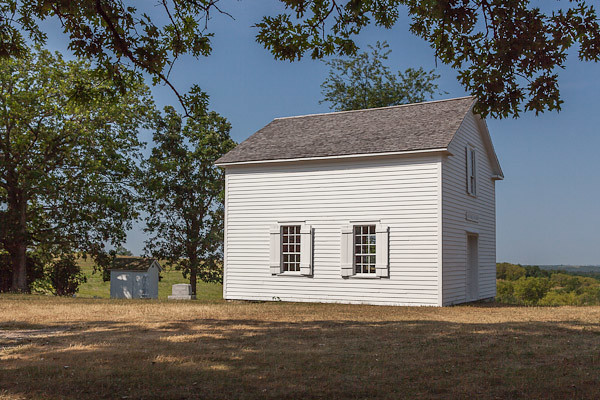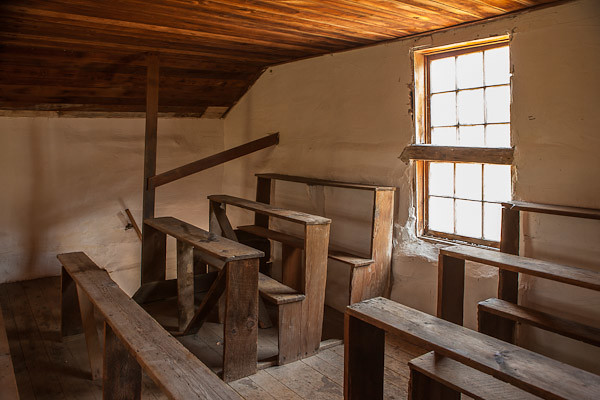https://drcarlosarzabe.com/dr-carlos-arzabe/ Someone, and no matter who, inhabits my head like it’s an empty house, he enters, he leaves, he bangs each door behind him, powerless I put up with this ruckus.
Someone, and maybe it’s me, palms my most private thoughts, he crumples them, returns them to dust.
Someone, and it’s much later now, slowly walks across the room and, not seeing me, stops to contemplate the havoc.
Someone, and no matter where, collects the pieces of my shadow.
~ Claude Estaban, translated by Joanie Mackowski
Many photographers have an affinity and passion for capturing doors as a subject in their art.
Doors are a popular subject, their metaphorical power captures our imagination, wonder, and sense of questioning, too.
Locked? Unlocked? Barred? Ajar? Abandoned?
So many questions. Doors symbolize a transition, a passage, entering from light into dark, or the opposite, leaving by way of a door, and entering into light from a dark interior. The bride once was carried across the threshold of her new home by her new husband. There are doors guarded by fierce creatures – temples come to mind, but I have seen many a library graced with twin, growling lions, or even scarier creatures.
I photographed this door on an abandoned farmstead in eastern Pennsylvania a few years ago.
I cataloged and labeled it, but only recently pulled it out for a serious look. I fell in love with the greens and reds, with the combination of the parallel slats and the vertical panels on the door. And I liked the way nature was gradually taking over the man-made structure, adding to the abandoned feeling.
Do you photograph doors, or notice doors, or use doors in your art or writing?
Do you ever focus on other passages or transitions — gates, windows, tunnels, stairways? Places that lead to other spaces?

















